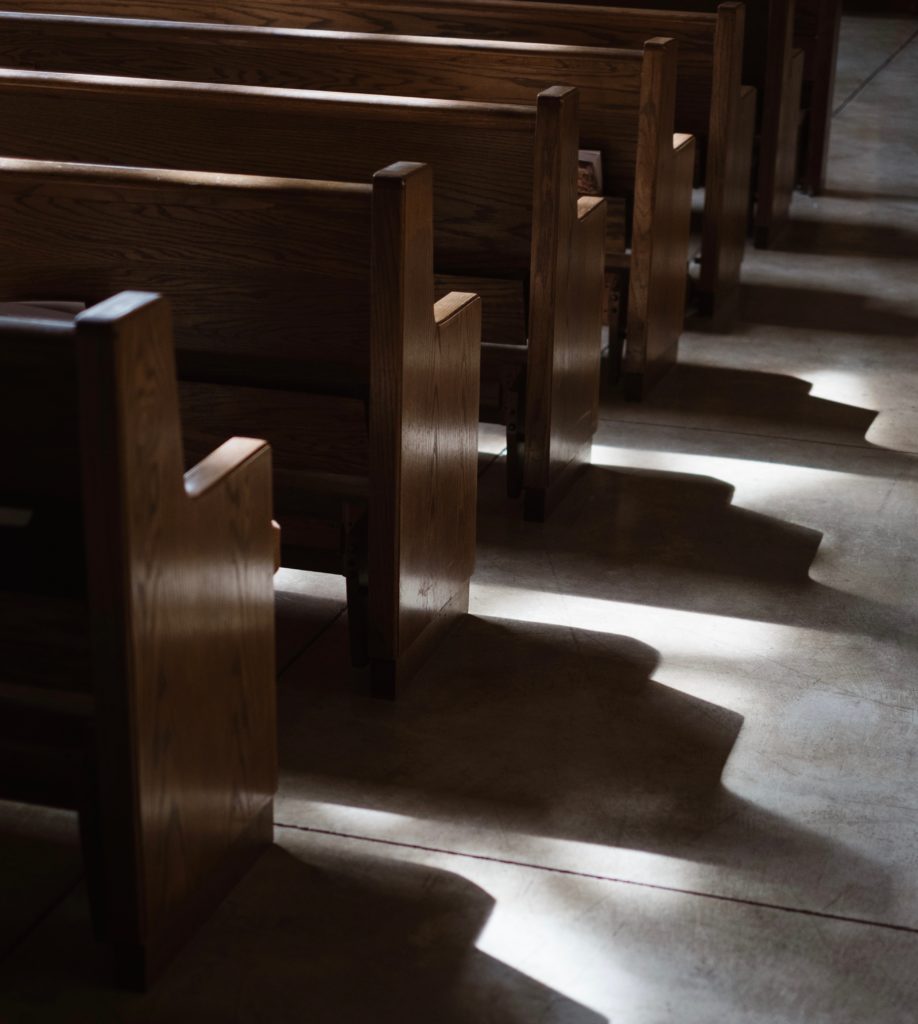
If you don’t see the Way, you don’t see it even as you walk on it.
The other day I had a letter from a longtime friend. “I keep in touch with you through your blog,” she wrote. I felt guilty, because if my writing is a way to keep in touch with friends, I’m not a very good friend. I don’t write much anymore, least of all here. Not sure why, except fewer topics occupy my mind. Still, that’s no reason to keep my distance. Hello, Leslie!
Someone asked me a while back if I was now “bicoastal.” That’s because I seem to be taking a lot of trips back east to visit my daughter in New York. The question sounded ridiculous. Of course I’m not bicoastal. I have only one address, one home. But then I thought, “Why not?” When you live as far west as I do, the place you’re most likely to travel is east. And from time to time, my daughter asks me to come. Any parent knows they would move mountains for a child, so why not move yourself? It suddenly seems extremely feasible and important to go, and so I do.
Once you make it to the airport, through security, and on board a plane, you can sit in one place and get anywhere. Land and exit the plane and you find that the same earth is underfoot, same sky overhead, and maybe just a little more rain. It’s not far, whatever time or trouble you think it takes.
When you walk the Way, it is not near, it is not far. If you are deluded you are mountains and rivers away from it.
This last trip was a purposeful one. A few months ago my daughter moved into a new apartment and started a full-time job. You might remember the shock after you start your first full-time job: you suddenly have no time for anything else. No time to cook, no time to eat, no time to make a home to come home to. A friend asked me what I was going to do on this trip, and I answered sheepishly, “Just cook and clean.” And he said, “You’re a really good mom.”
He proceeded to tell me about his twenty-third birthday, which was more than twenty years ago. He was just starting out, trying to make his way in the world. He didn’t tell any of his friends it was his birthday because he didn’t have the money to go out. He was still in school and also working, and he got back to his apartment late. When he walked in, he knew his mom had been there. She had cleaned, done his laundry, and filled the fridge. He sat down and cried then, and teared up even as he told me this story. He said it was the best day of his life.
Any day that you realize you are loved is the best day of your life. And, of course, any day you give your love is as good as it gets.
I talked recently with my good friends, podcasters Lori and Stephen Saux about love, patience, and trusting wherever you are. Maybe this is a good place and time to join us.














